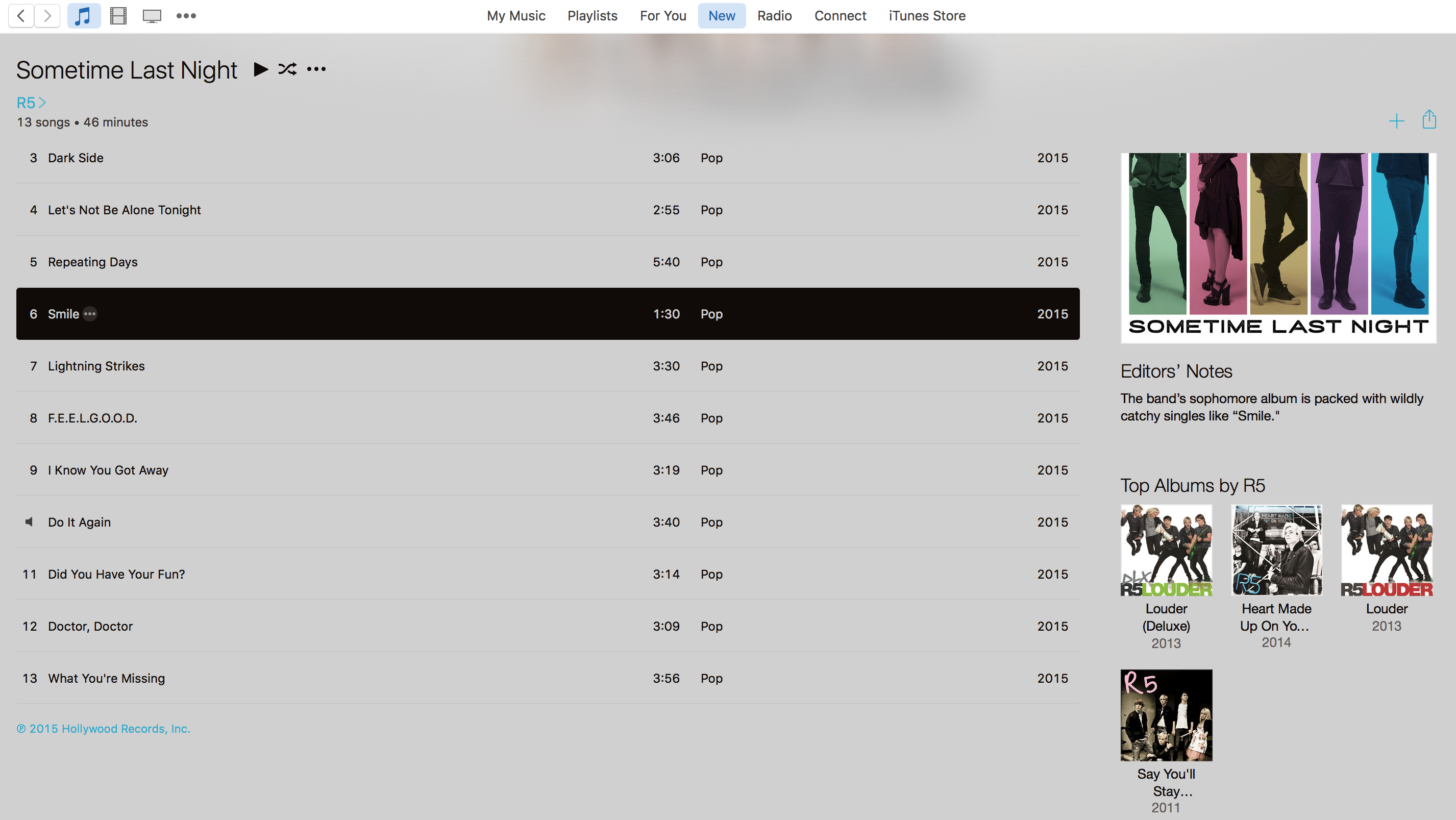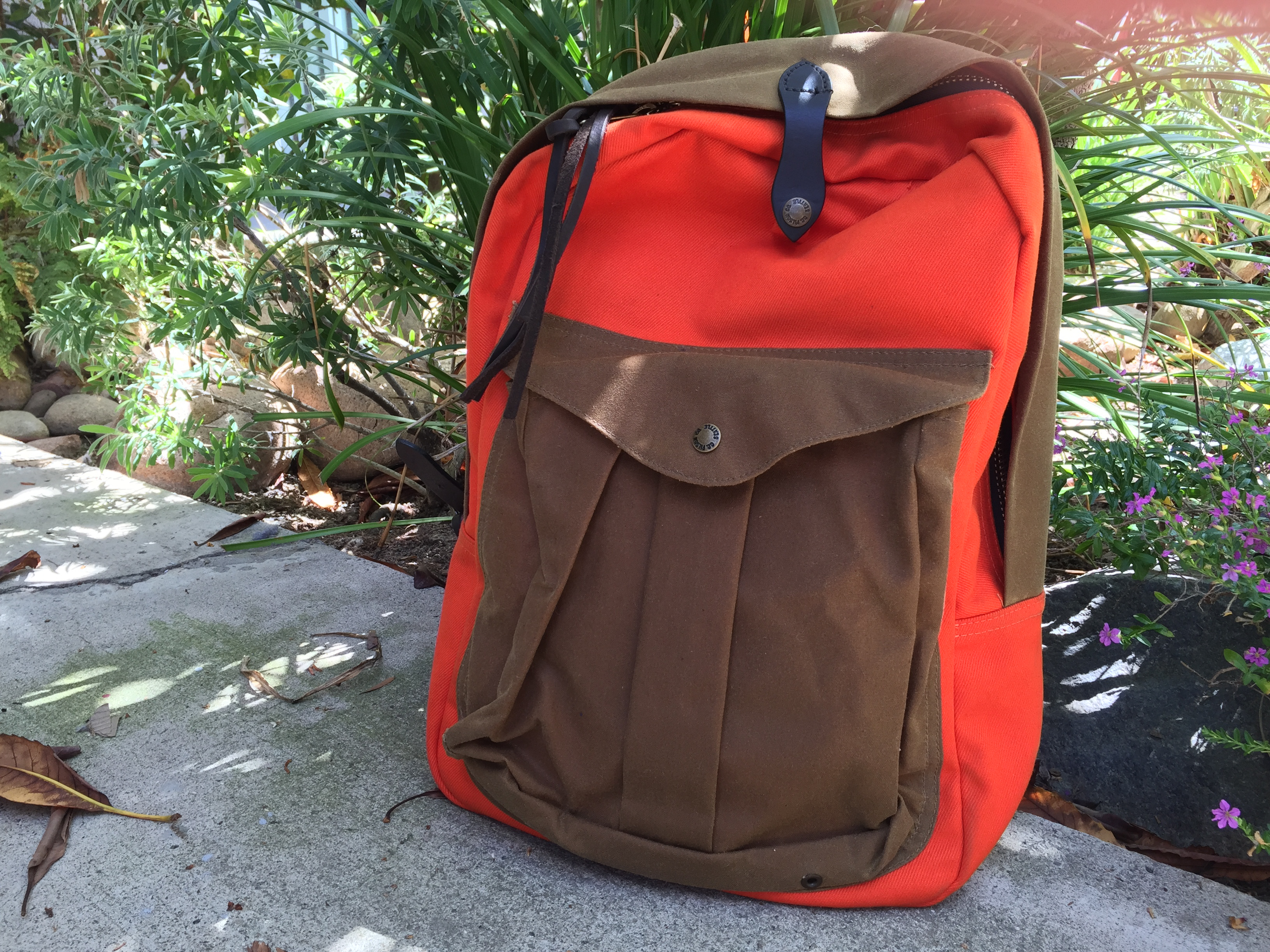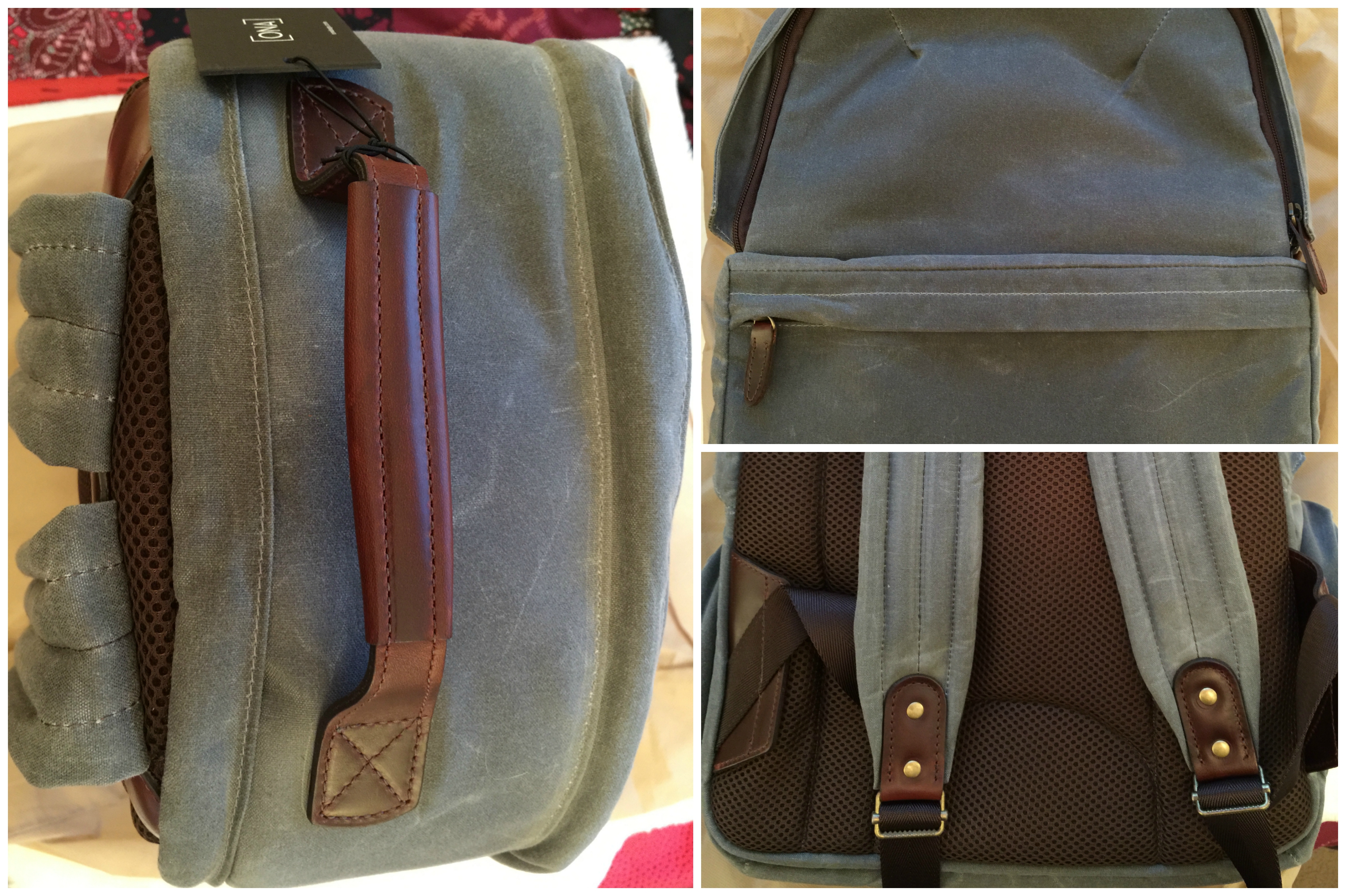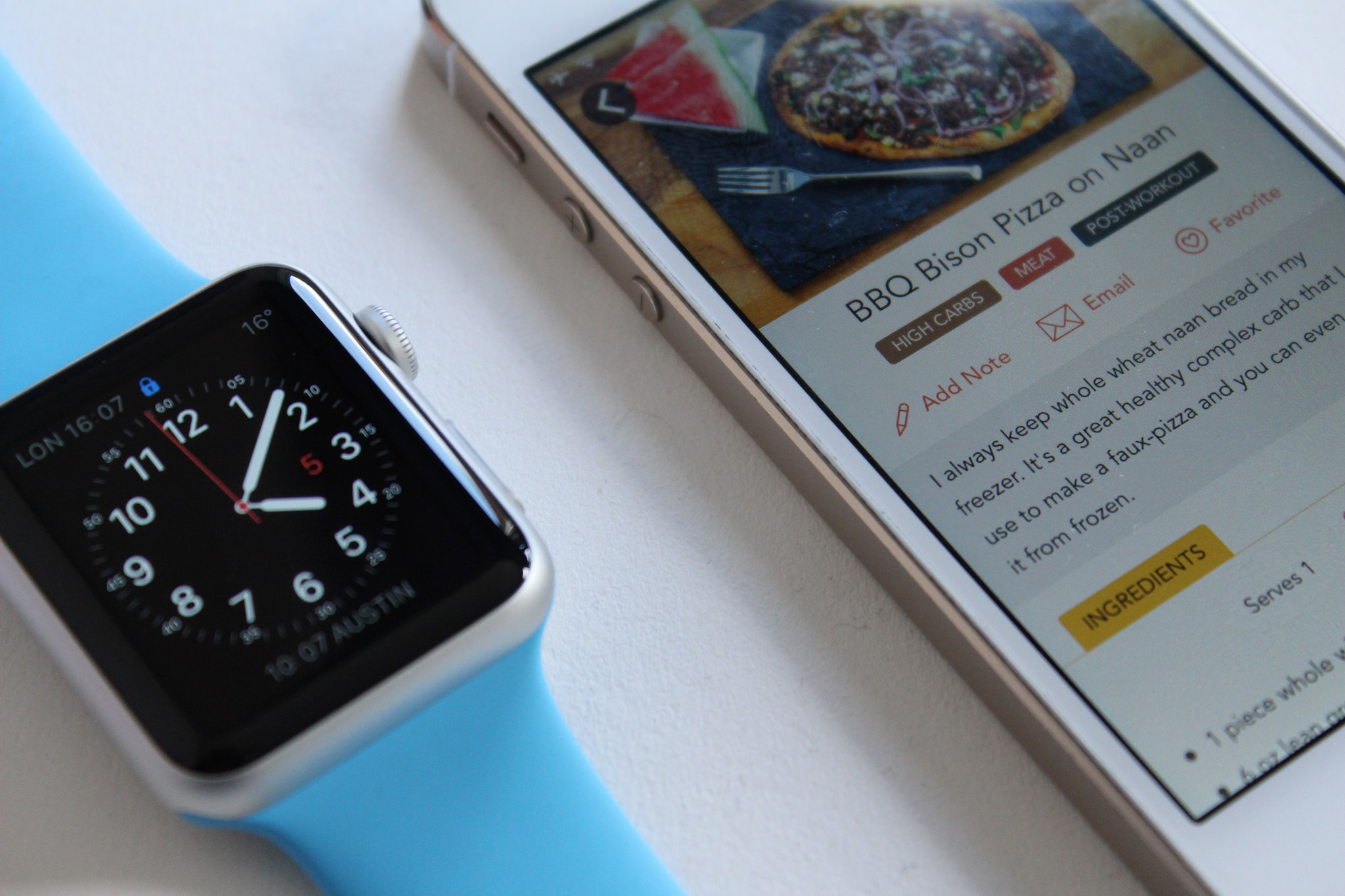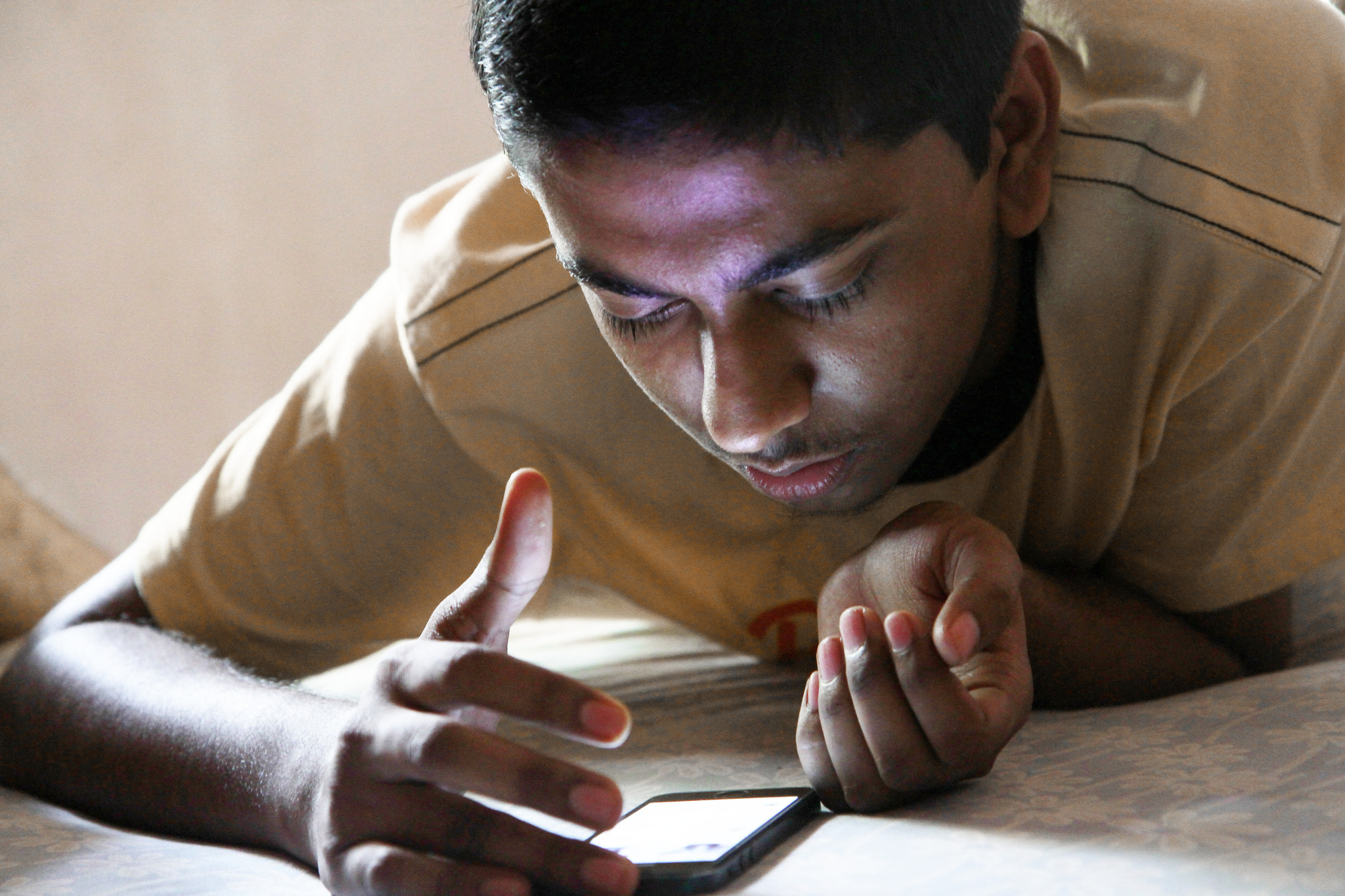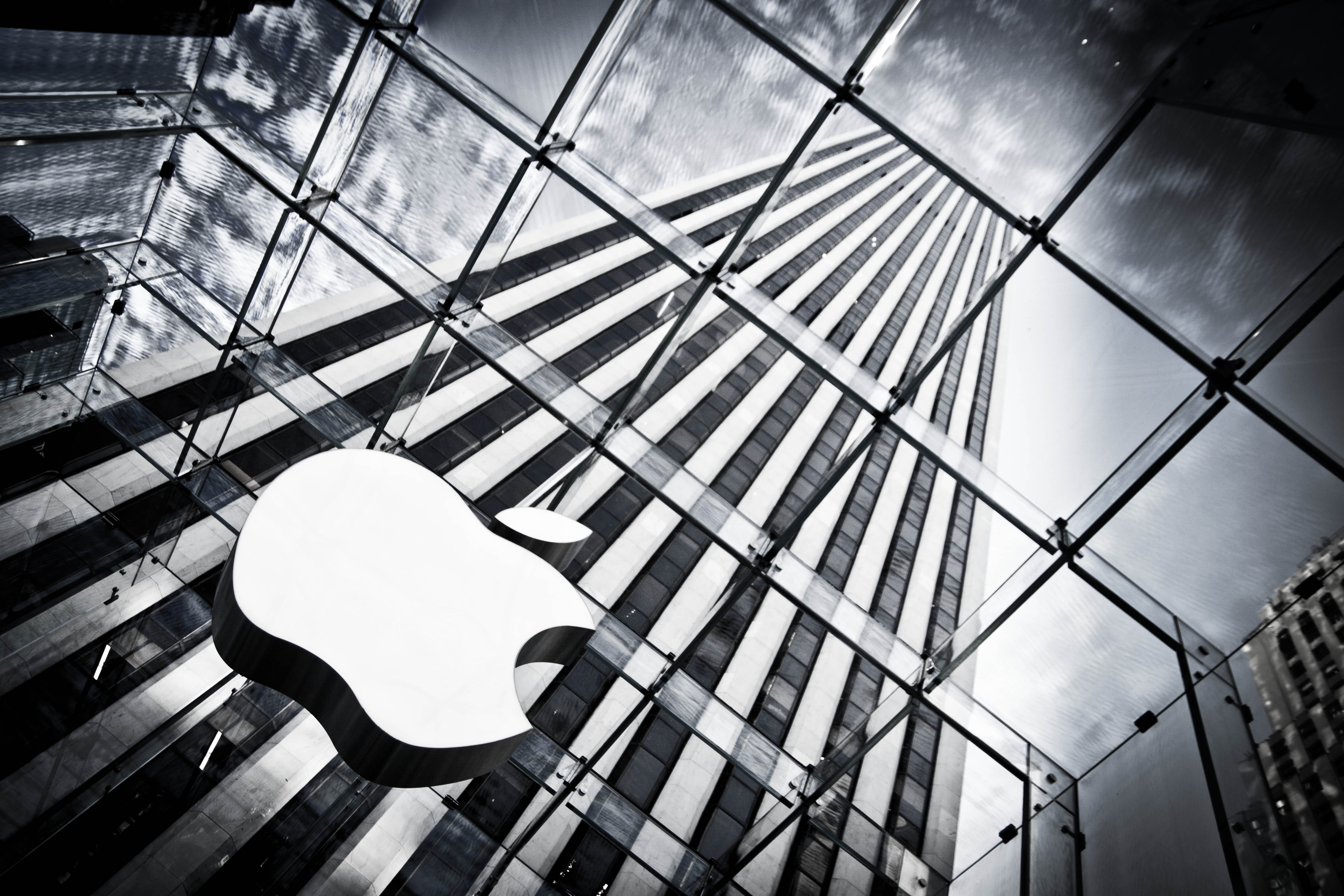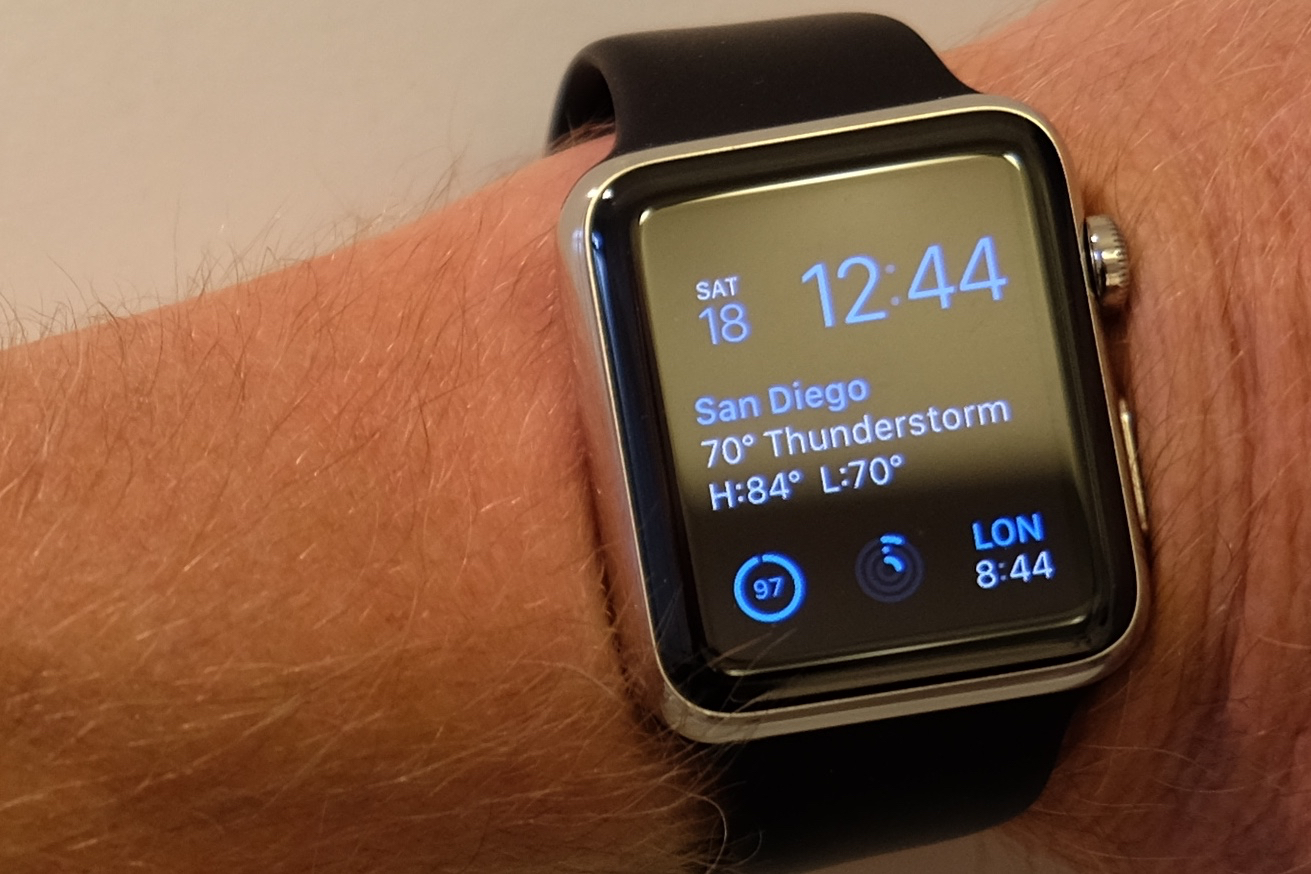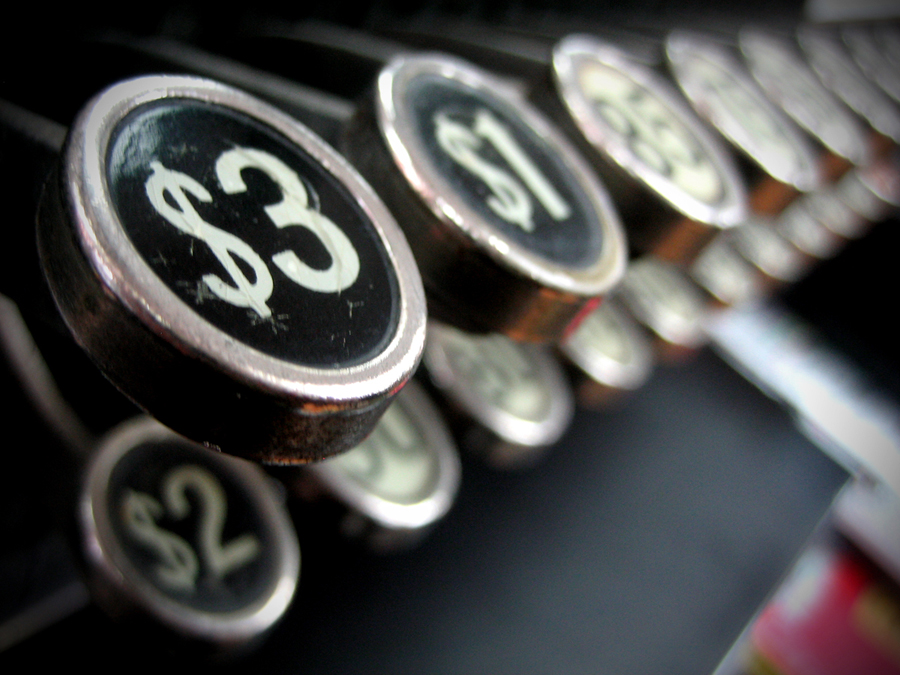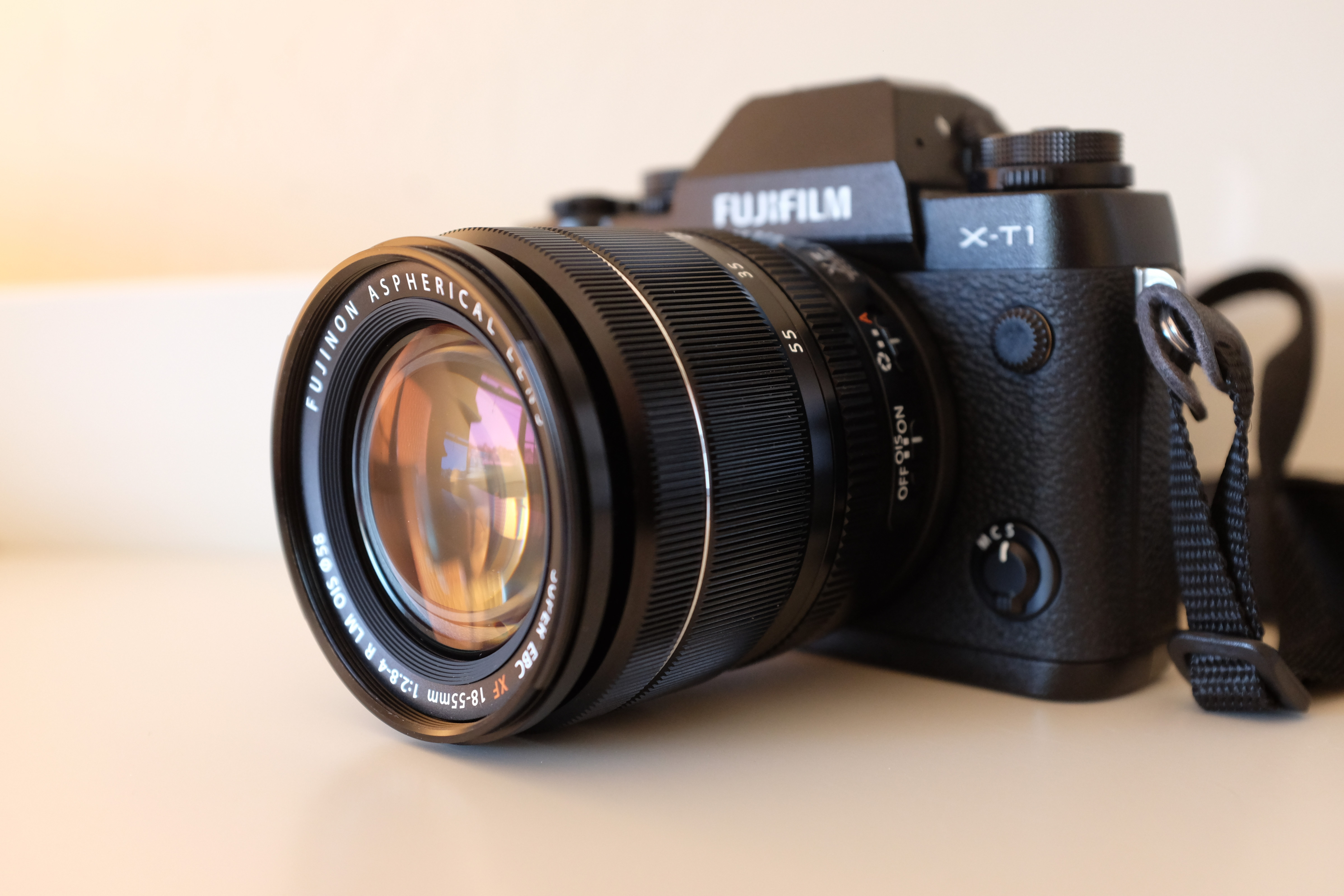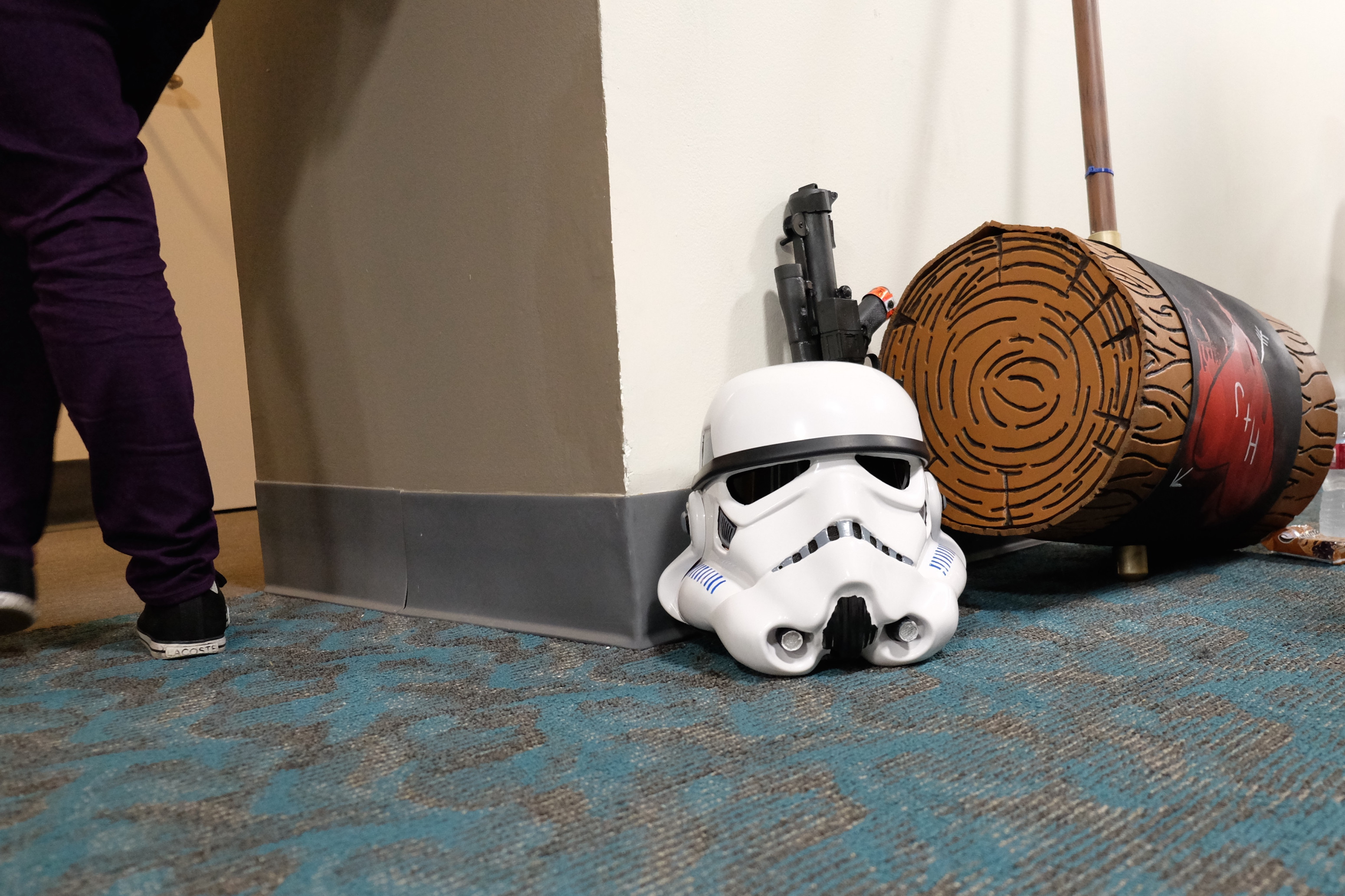Over at BetaNews I pose question “Will you upgrade to Windows 10?” and provide readers a poll to answer the question. Timing coincides with the official launch of the platform tomorrow. To be brutally honest, I seriously considered using headline: “Will you upgrade to Windows Death?”
Because: if Windows 10 doesn’t succeed it will be the last viable version, given the success of Android or iOS; shipments of both mobile platforms either match or exceed Windows computers; and Microsoft’s advancing cloud strategy signals the end of Windows as we have come to know it, as the operating system evolves and updates in a manner more like Chrome OS than the big release delivered every few years. Then there is the criticism, much of it among beta testers, that makes upgrading to Windows 10 seem like Death.

